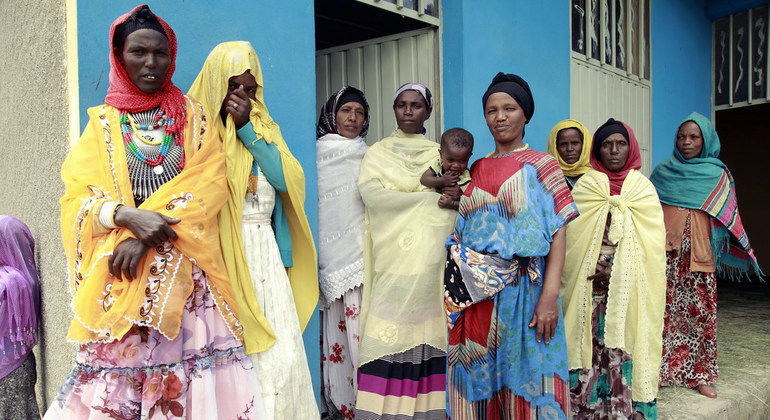“For many of the world’s least developed countries, the challenges to sustainable development are compounded by rapid population growth as well as vulnerability to climate change”, he said in a statement on Thursday. “Other countries are facing the challenge of aging populations, including the need to promote healthy active ageing and to provide adequate social protection”.
Moreover, 68 per cent of the world population is projected to live in urban areas by 2050, which will place the responsibility of sustainable development and mitigating climate change on the shoulders of planners across the world who are trying to manage urban growth.
“While managing these population trends, we must also recognize the relationship between population, development and individual well-being”, flagged the UN chief, pointing out that world leaders first detailed the links between population, development and human rights 25 years ago, at the Cairo International Conference on Population and Development (ICPD), where they also recognized that “promoting gender equality is both the right thing to do and one of the most reliable pathways to sustainable development and improved well-being for all”.
“This year’s World Population Day calls for global attention to the unfinished business of the Cairo ICPD Conference”, he maintained.
Despite progress in lowering maternal mortality and unintended pregnancies, many challenges remain.
Women’s rights are being pushed backed globally; pregnancy-related issues remain the leading cause of death among girls aged 15 to 19; and gender-based violence continues to take a horrific toll.
Mr. Guterres said that in November, a summit marking the 25th anniversary of the Cairo Conference will take place in Nairobi.
“I encourage Member States to participate at the highest levels and to make firm political and financial commitments to realize the Programme of Action of the ICPD” and “carrying forward” its vision, the Secretary-General concluded.
Expand women’s choices
Based on the agreement between 179 governments affirming that sexual and reproductive health is the foundation for sustainable development, the 1994 ICPD determined that women have a right to make their own decisions about pregnancy.
“In Cairo, we imagined a future in which every pregnancy is intended because every woman and girl would have autonomy over her own body and be able to choose whether, when and with whom to have children”, Natalia Kanem, Executive Director of the UN Population Fund (UNFPA) said in her statement for the day. “A world where no woman would die giving life…a time where everyone would live in safety, free from violence and with respect and dignity, and where no girl would be forced to marry or have her genitals mutilated”.
Since that time, Ms. Kanem recalled that along with governments, activists and others, UNFPA has “rallied behind the Programme of Action and pledged to tear down barriers that have stood between women and girls and their health, rights and power to chart their own futures”.



